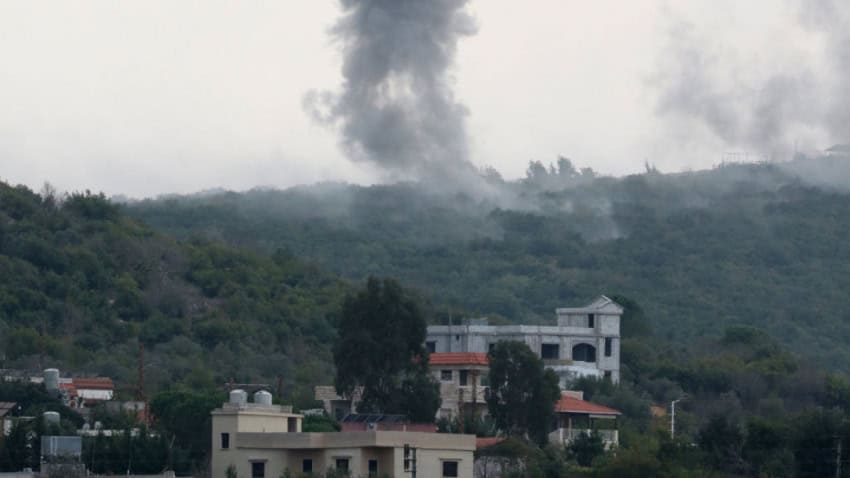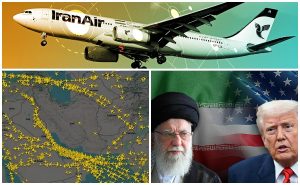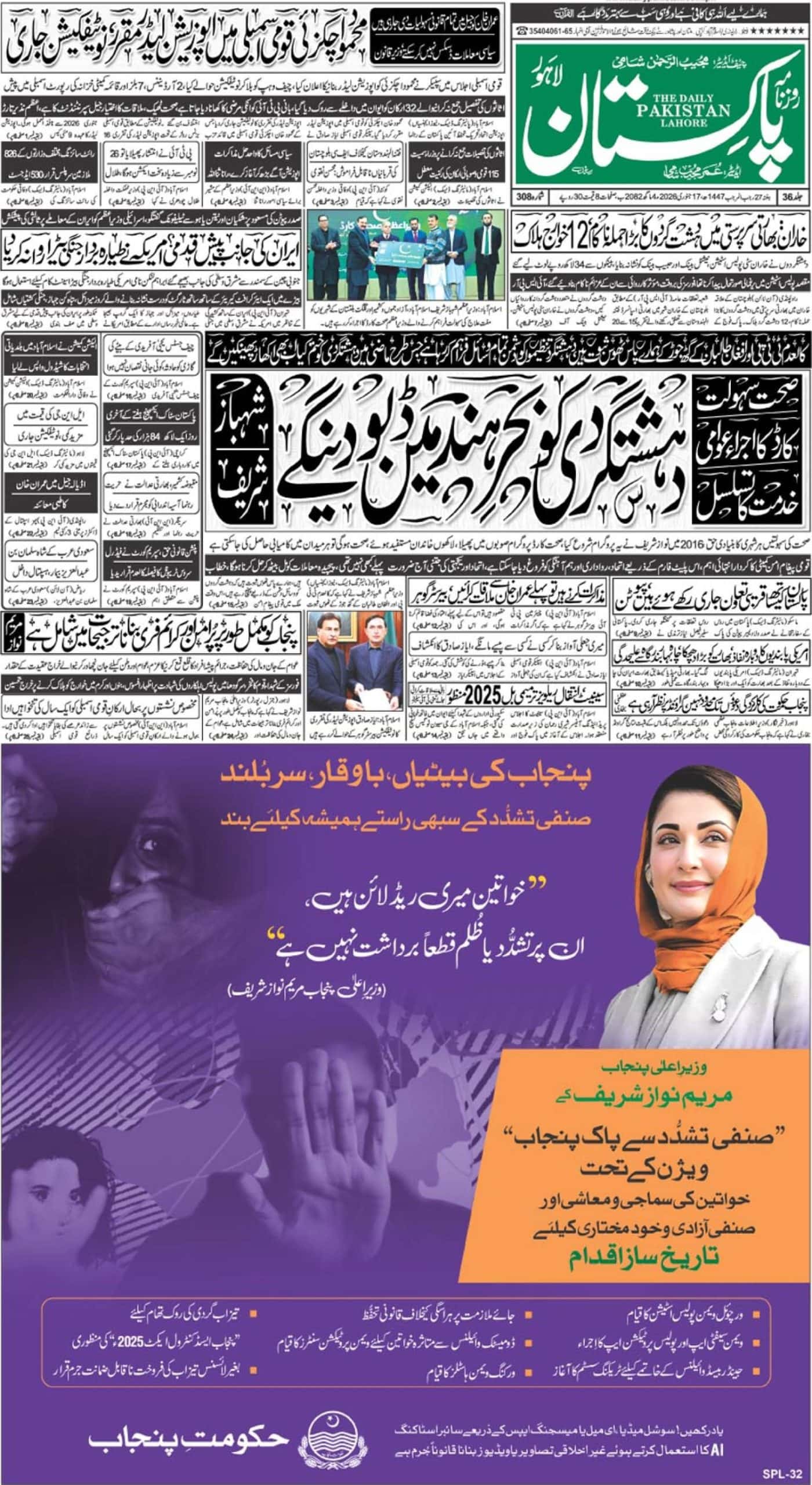The ongoing conflict between Israel and Hezbollah has escalated alarmingly, with reports indicating that Israel has used phosphorus bombs in several towns in southern Lebanon. These bombs have caused extensive forest fires, threatening residential areas and creating a perilous situation on the ground.
Lebanon’s National News Agency reported that Israeli forces targeted towns such as Houla, Tallouseh, Adaisseh, and Kfarkela with phosphorus bombs. The ensuing fires are spreading rapidly, with civil defense teams struggling to control them and prevent their spread to residential areas. Victims suffering from suffocation have been transported to Marjayoun Governmental Hospital. In addition to the phosphorus bombs, there have been reports of heavy artillery fire on several other towns, including Aita al-Shaab, Wadi al-Asafir in Khiyam, Deir Mimas, Kfarkela, Marwahin, Naqoura, and Alma al-Shaab.
The artillery fire has caused significant damage to infrastructure and posed a substantial risk to civilian lives. For instance, an Israeli tank targeted a house in the Azra’il neighborhood on the outskirts of Kfarchouba, though it was vacant at the time of the attack. The use of heavy weaponry in populated areas highlights the severe impact on the civilian population in these regions.
In response, Hezbollah has launched a series of attacks on Israeli military positions. The group claimed to have injured several Israeli soldiers in ten separate attacks on troop gatherings near the Lebanon border. They used a variety of weapons, including drones, Katyusha and Falaq rockets, and rocket-propelled grenades. Targets included Israeli military technical systems, surveillance equipment, and soldier positions at various sites including Metula, Kiryat Shmona, Kfar Szold, Harish Baram, and the Ramtha site.
The use of phosphorus bombs, which are controversial due to their potential to cause severe injuries and fires, marks a significant escalation in the conflict. International law restricts the use of such weapons in civilian areas, and their deployment in this conflict could draw international condemnation and calls for restraint from both sides.
This situation underscores the volatile and dangerous nature of the Israel-Hezbollah conflict. The international community is likely to closely monitor these developments, urging both sides to exercise caution and avoid actions that could further escalate tensions and result in more civilian casualties.














